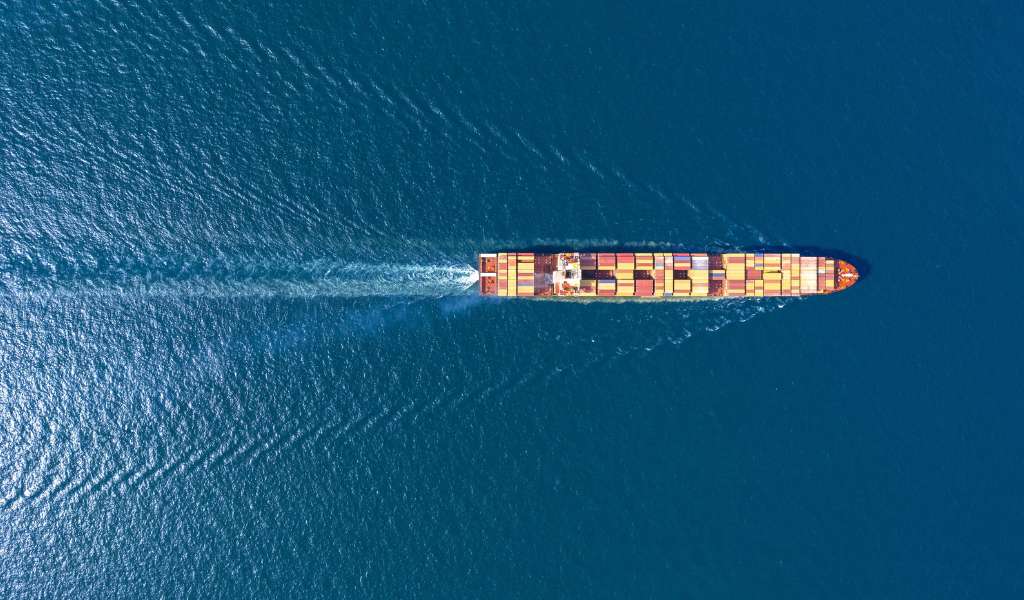The UK is about to hold a general election. Against this backdrop, several international trade academics, business organisations, and civil society groups have rightly alluded to the importance of a UK trade strategy. Whoever takes over 10 Downing Street next will need to consider international trade seriously. Yet, it remains largely unclear how UK’s trade policy will align with supporting its international development aims.

In a previous era, following concerted campaigns for trade justice and ‘make poverty history’ a Labour administration put trade and development on an equal footing, with a joint trade unit staffed by trade and development officials and reporting to a development cabinet minister. While the Labour party’s election manifesto released on 13 June 2024 covers trade and considers some key issues identified in its 2023 forum on progressive trade, the links between trade and trade policy with development outcomes are not obvious.
The development white paper published in November 2023 by the Conservative Government set the UK’s ambition to reclaim its leadership in international development. But will a sound trade policy mean good news for UK’s goals on international development? The agenda for trade has changed considerably in the past 14 years – ensuring trade and climate justice agendas match up whilst enabling the gains from trade to be shared equitably cannot rely on trade policy alone.
Stronger policy coherence
We argue that regaining leadership on trade and development for the UK needs strong policy coherence, not only between trade and development ministries, but bringing in considerations of public and global health, climate and environmental sustainability. A sound trade strategy can lay ground for trade policy to be aligned with development strategies and these other aspects of the policy agenda calling for coherence.
We cannot pretend that the trade coherence agenda leads to an easy set of ‘win-wins’. EU environmental trade measures, for example, which ban imports of commodities from areas that have been deforested, are real innovations in trade policy and yet also risk also being applied as ‘protectionist’ measures that will affect smallholders who cannot comply with new regulations without necessary support.
The UK would also do well to consider an enhanced set of environmental sustainability thresholds applicable to standards for UK farmers and imports (though EU and UK standards will eventually need to align if the economic damage of Brexit is to be undone).
However, both agendas are incoherent with wider development policy if accompanying rhetoric about helping smallholder farmers remain as rhetoric. Similar arguments can be made in the growing area of digital trade, where inequalities are widening, and there is an urgent need for policies for consumer protection in response to advances such as in artificial intelligence.
Working across sectors
Sometimes it is argued that WTO rules prevent a more nuanced approach but with development, public health, climate, and environmental justice agendas all innovating in different areas of trade policy, there is also much more that can be learnt across sectors as part of a wider trade coherence agenda. To achieve this, government, civil society, and business have to work together more closely, comprehensively and transparently – remembering those trade justice calls from the 1999 WTO Conference in Seattle for more accountability in trade negotiations.
Procedures for transparency and meaningful public participation, can ensure meaningful ownership in trade agreements and recognition of where countervailing measures are needed to protect marginalised consumers, workers, or regions. Systematic consultative processes will play a critical role as UK will continue to negotiate complex free trade agreements such as that with India and will likely seek others.
A new UK government has a unique opportunity to make trade work for more equitable outcomes by placing inclusion and justice to align its trade and development strategies.
